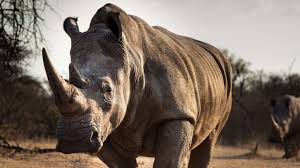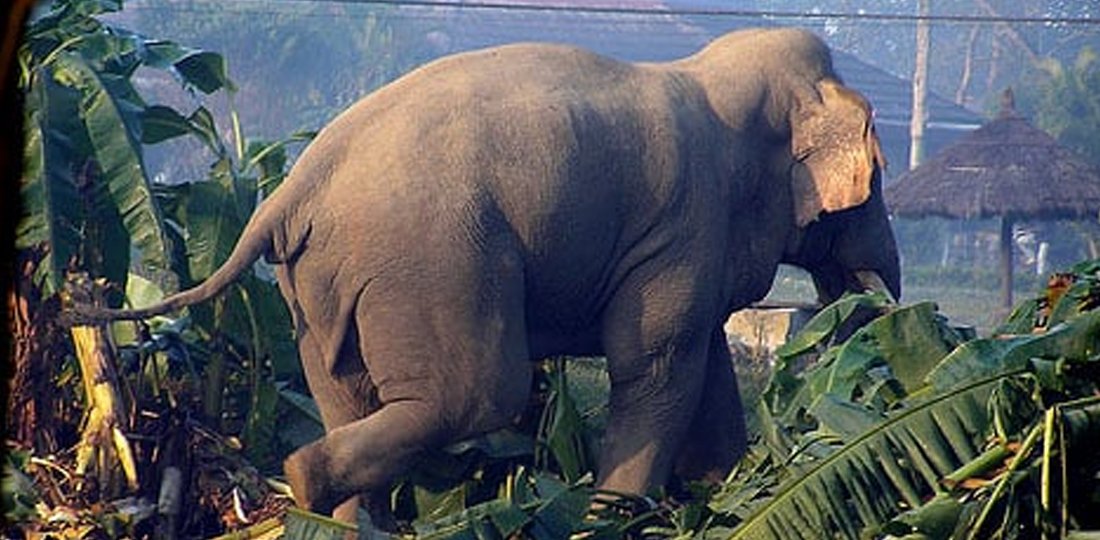Cases of wildlife poaching spike in Karnali State during lockdown

Kathmandu - The cases of wildlife poaching has surged in community forests, sanctuaries and national parks in the Karnali State since the nationwide lockdown ordered on March 24 to contain the spread of COVID-19. The poachers seem to have taken undue advantages of the stay-at-home order as people are staying home and the focus of the government and the public agencies has shifted towards prevention of control of the pandemic.
The patrolling team of the Shey-phoksundo National Park in Dolpa district this week recorded two cases of poaching. Park’s Conservation Officer Saroj Mani Poudel shared that they had seized 20 sets of loaded homemade gun and three pieces of the hides of Himalayan Ghoral left stranded at Thulibheri Rural Municipality and Tripurasundari Municipality. The national park understands that the people residing in the buffer zone and around the national park could have been involved in poaching.
“With more and more weapons and dead bodies of wild animals are sighted during the lockdown, it indicates that cases of poaching has increased considerably, especially in the mountainous areas in the State,” asserted Poudel. Since the State government banned yarsha picking this year due to COVID-19 pandemic, the attention of yarsha pickers could have shifted towards illegal killing and trading of wildlife, the national park officials assume.
Also the poachers might be taking advantage of the lockdown since people are staying indoors while the wild animals are prompted to sneak out of the forests and roam around in the adjacent human settlements, stoking fear among the people. The poachers therein take the situation to their advantage by targeting and trapping animals or killing them opening fire. Poudel shared that the locals in national park areas and buffer zone have been asked to surrender their arms within 35 days if they possess any.
Police had recently arrested yarsha-pickers from highland in Shey-poksundo Rural Municipality who were illegally picking yarsha despite the ban. Since then Division Forest Office here has increased its surveillance in those areas, according to Chief District Officer, Suresh Sunar. Similarly, just before the lockdown, a stag was found dead and rotten at Patalganga in Surkhet district. Towards the mid of April, another dead stag was spotted but dead at Ghusra in the same district. Locals sighted a stray baby antelope nearby Kakrebihar in Surkhet in mid-April which was rescued and later released to the wild.
More than 15 wild animals including four antelopes and wild bores have been found dead in Kakrebihar over three months. As there is no fencing in the Kakrebihar, a small hillock, the wild animals emerge from the woods and enter the human settlement which serves as a breeding ground for the poachers. The State government has recently awarded a tender to install fences around Kakrebihar to conserve the wildlife and to protect the human from attack of wildlife.
Jajarkot District has also recorded increasing cases of illegal killing of the wild animals, according Borekot Rural Municipality. Since rangers could not get to their duty stations for patrolling due to lockdown, the poachers were on the prowl lately, said Govinda Singh, Borekot Municipality’s Chief Administrative Officer. The Ministry of Forests and Environment has urged the line agencies and concerned officials under to resume their field works to curb the poaching and illegal trafficking of the body parts of the wild animals.










Leave Comment